 We used to be the only cabin on our side of the lake and I liked it that way, but when people built cottages next door, I discovered Summit Lake’s beauty magnifies when shared.
We used to be the only cabin on our side of the lake and I liked it that way, but when people built cottages next door, I discovered Summit Lake’s beauty magnifies when shared.
In 1952 my grandparents bought the log lodge peeking out from behind the pines on the point across from the island. They turned it into Camp Ney-A-Ti Boys’ Camp. The camp used to be the only sign of civilization on the western side of the lake.
In 1964, when my grandparents sold the camp and 40 acres, they had the foresight to save a 125 feet of lake front property on the far edge of their land. Then they built our little red cabin. On some else’s land. They were shocked to find out someone else owned that lot, so they lifted the wooden cottage and moved it over 50 feet.
That landowner build a cottage on his land and generations later, we became friends with his grandchildren’s children. Then our children grew up together over lazy, fun-filled summers. The path through the woods between our cabins remains well worn. Instead of playing hide and seek of childhood, the “kids” sit on the screened in porch debating solutions to problems of the adult world.
We are the only flatlanders (Illinoisans) amongst the Wisconsinites; they accept us as long as we wear our Greenbay Packer caps.
A deputy sheriff lives on one side of us and a lawyer on the other. If we get in trouble with the lawman on our left, we could seek counsel with our neighbor on the right side to bail us out. But as grandchildren of Coach Mac, we would never consider breaking the rules.
Surprisingly, as much as I liked the idea of being alone in the woods, I discovered it is nice to have neighbors.
We hail from different cities and walks of life, but Up North no one cares where you come from or how much money you make, as long as you share the same values – respect for nature and community spirit.
 The lake ‘hood children have grown up becoming doctors, nurses, plumbers, firemen and teachers. If the “kids” were ever Up North at that same time, we would have a “cabin” town of skilled professionals to cope with any illness, injury, wildfire, flooded basement, or backed up toilet.
The lake ‘hood children have grown up becoming doctors, nurses, plumbers, firemen and teachers. If the “kids” were ever Up North at that same time, we would have a “cabin” town of skilled professionals to cope with any illness, injury, wildfire, flooded basement, or backed up toilet.
With trees and foliage growing so thick, you don’t have to see your neighbors, who are never nosey, but if you do need anything they will be there.
At one time or other everyone has rescued my Frenchman when his catamaran capsized. All the neighbors have a story to tell about how they towed the yellow sailboat safely to shore behind their pontoon  boat.
boat.
Another time a neighbor helped jump-start my sister’s car at dawn in the dead of winter. And if you need to borrow a chainsaw, a shovel or a cup of sugar, just ask. Neighbors willingly share, sometimes even offering beds in their cabin when your own overflows with friends and relatives.
“You know the rule,” the guy next door says, “if my boat is out, and you want to ride or ski c’mon on over.”
Summer folks. Summer friends. Good neighbors. Good people.
Along with the wilderness and wildlife, human beings are part of the Northwood’s blessings too.
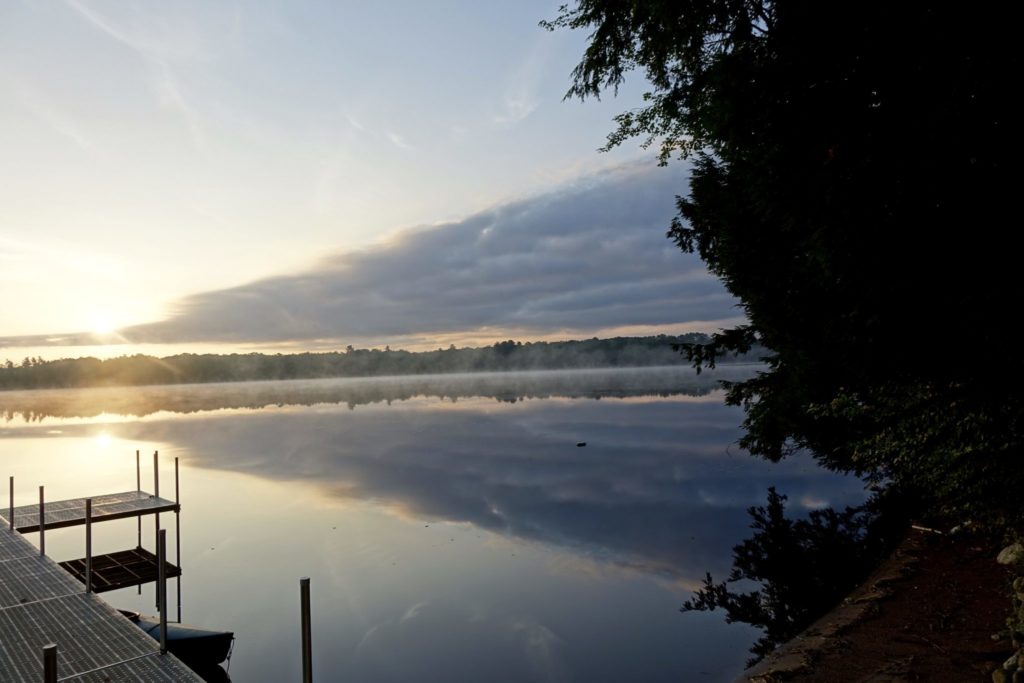
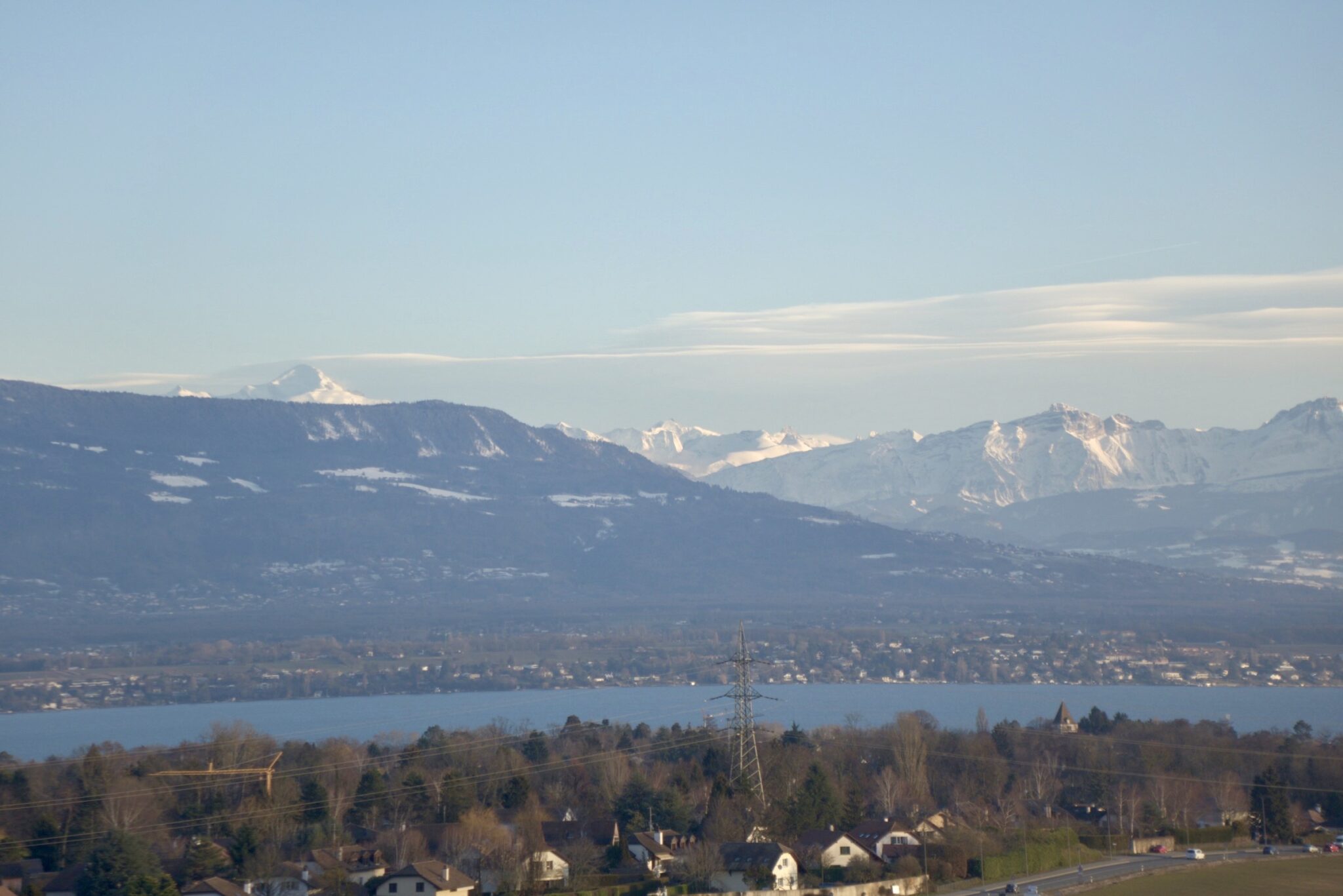
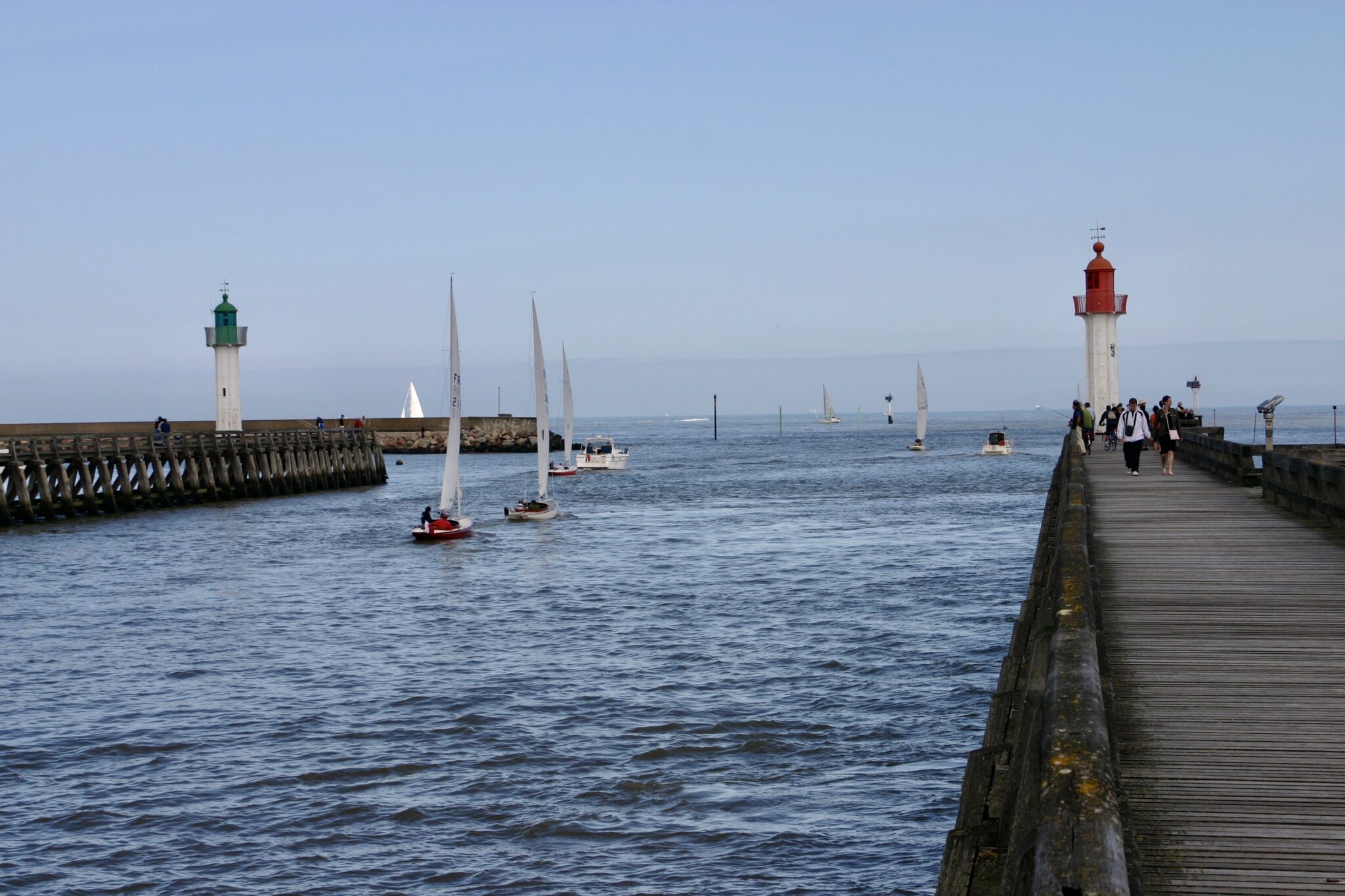
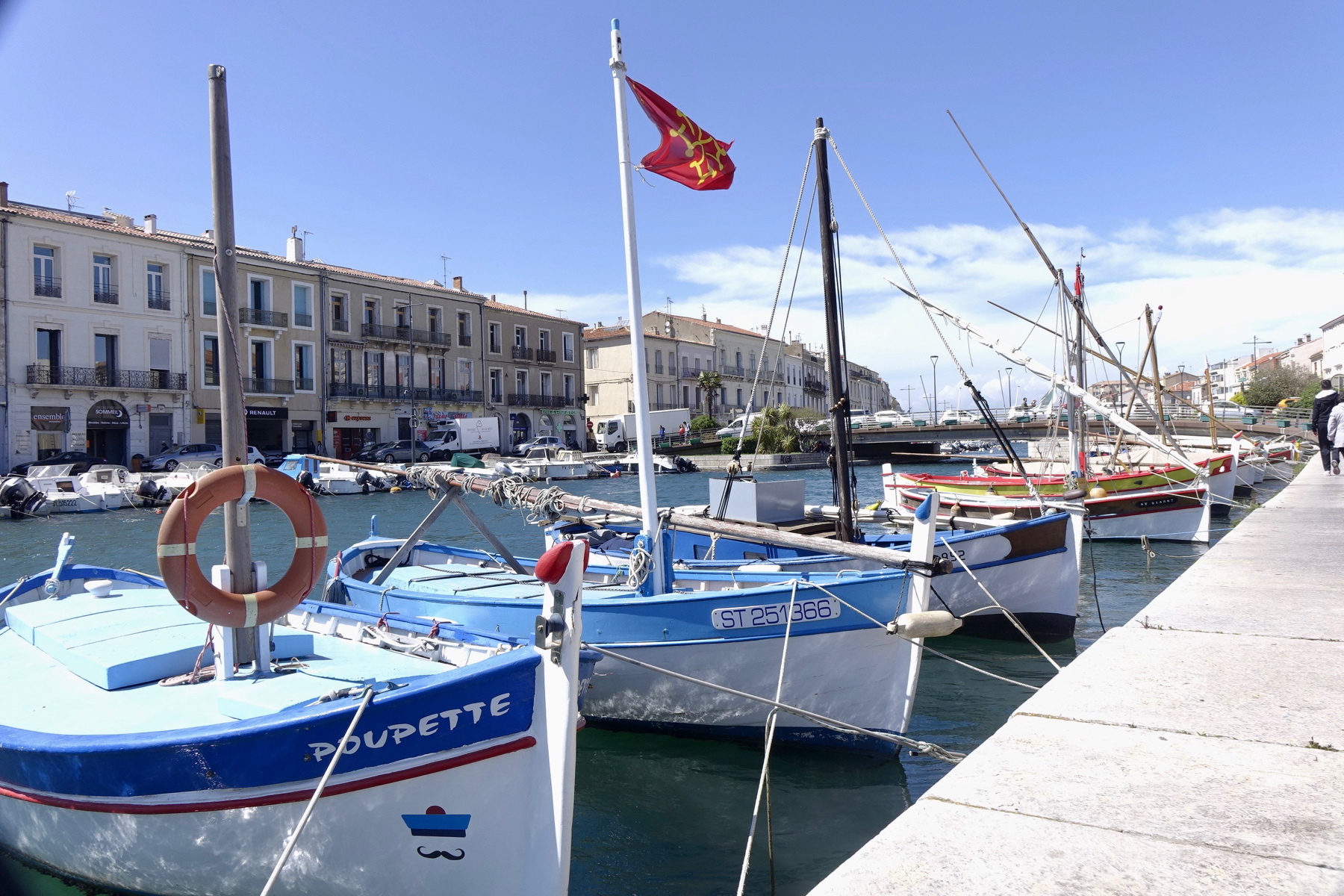
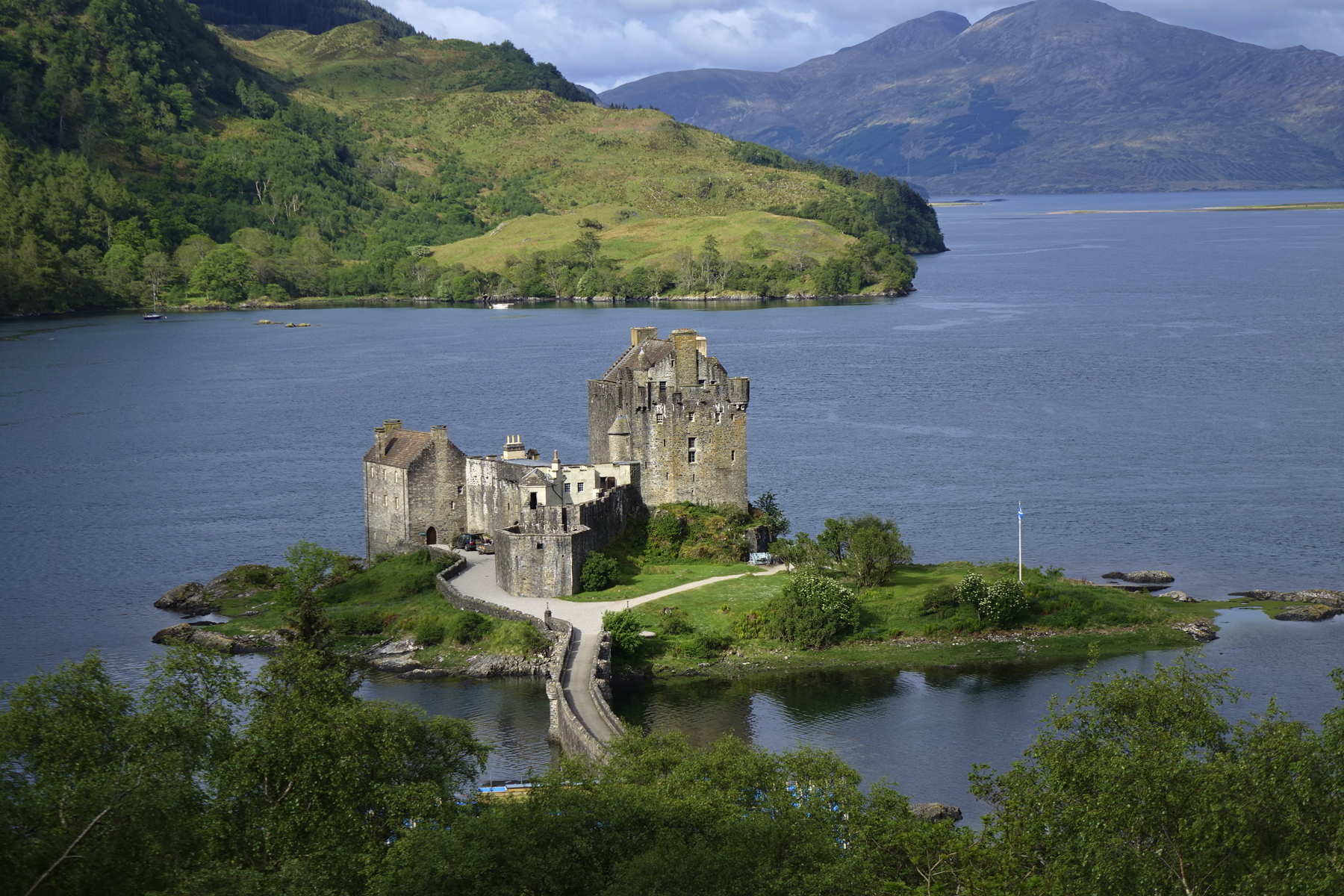
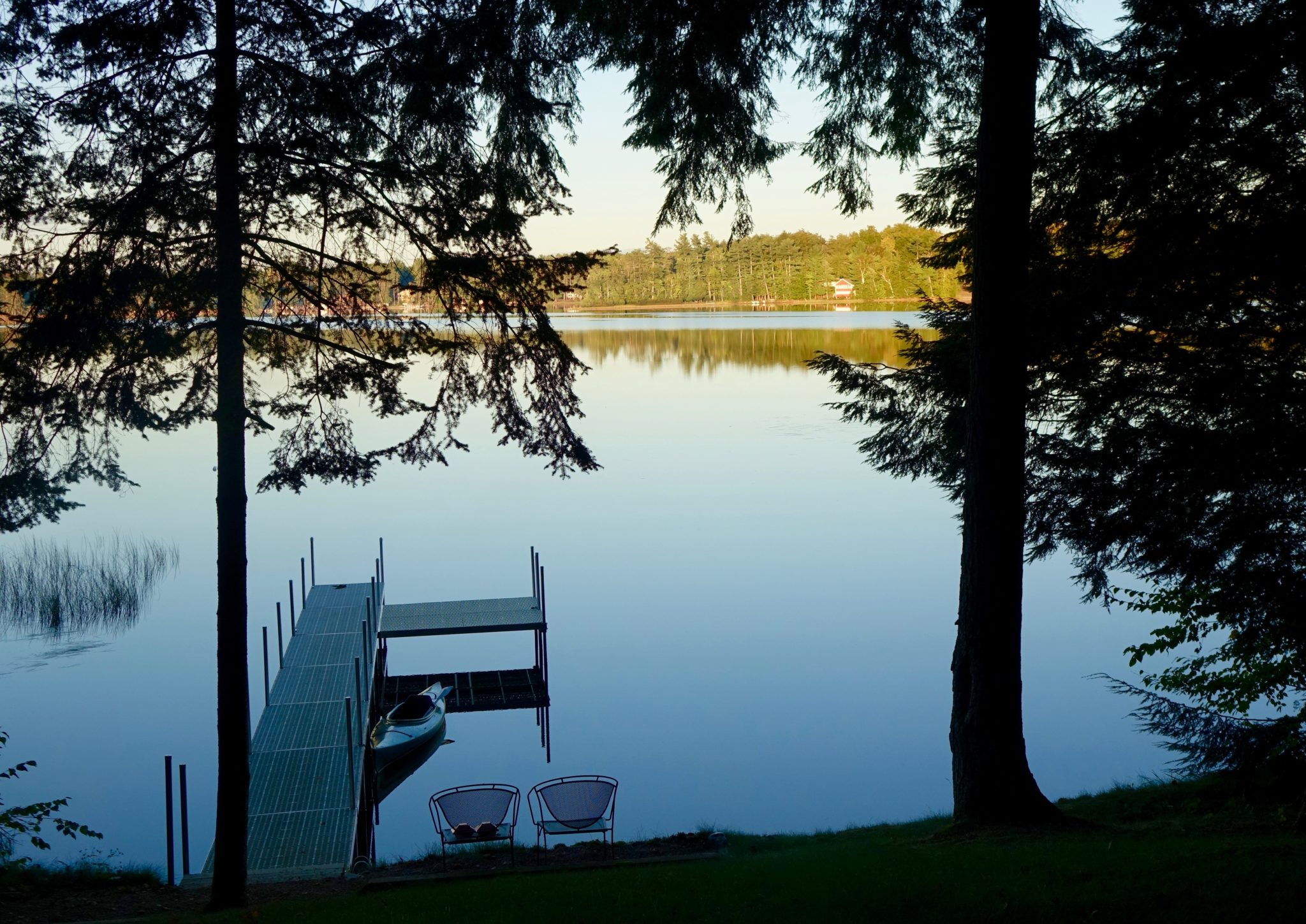
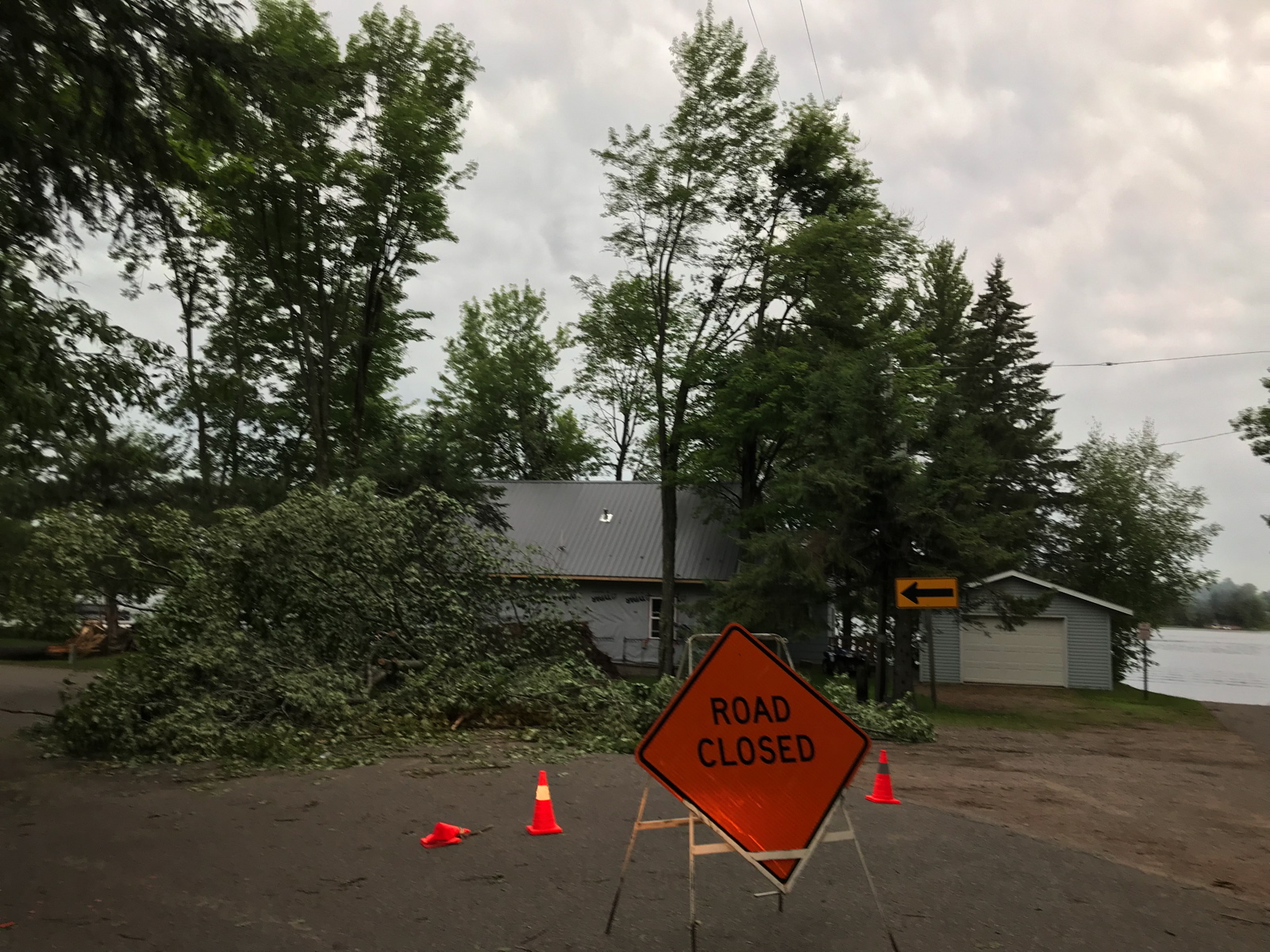
 Summer storm warnings in the midwest are so routine, we ignore them, but in the era of global warming look out. After a hot day on the lake, we sat on the dock of McKinzie cabin admiring the formation of mammatus clouds that looked like upside down dinner rolls. When the rain started, we headed up hill to the cabin. Just when my friend started her stand up comedy routine, the lights blinked out. We hee hawed to her jokes by candlelight while trees thrashed and waters churned outside.
Summer storm warnings in the midwest are so routine, we ignore them, but in the era of global warming look out. After a hot day on the lake, we sat on the dock of McKinzie cabin admiring the formation of mammatus clouds that looked like upside down dinner rolls. When the rain started, we headed up hill to the cabin. Just when my friend started her stand up comedy routine, the lights blinked out. We hee hawed to her jokes by candlelight while trees thrashed and waters churned outside.


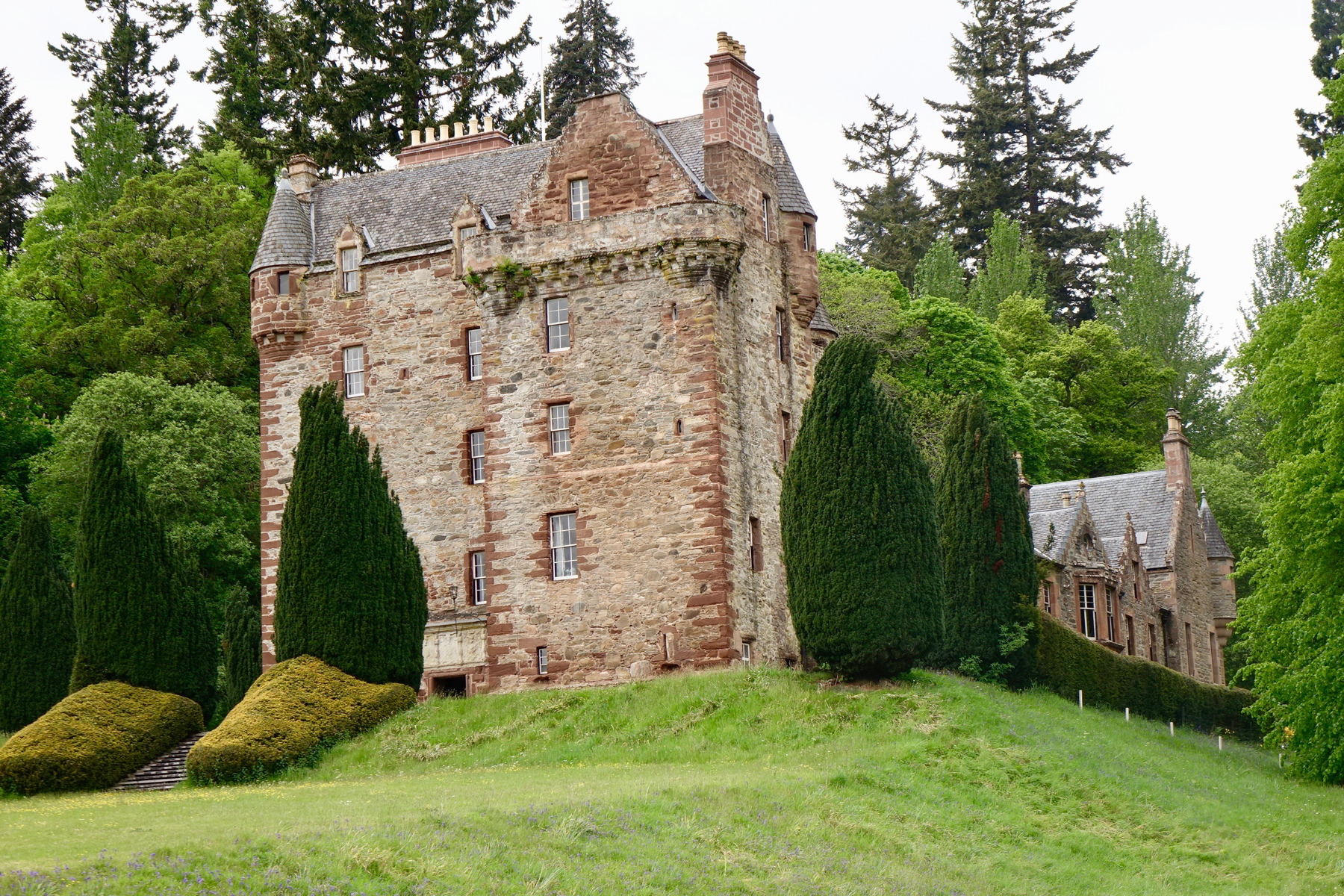




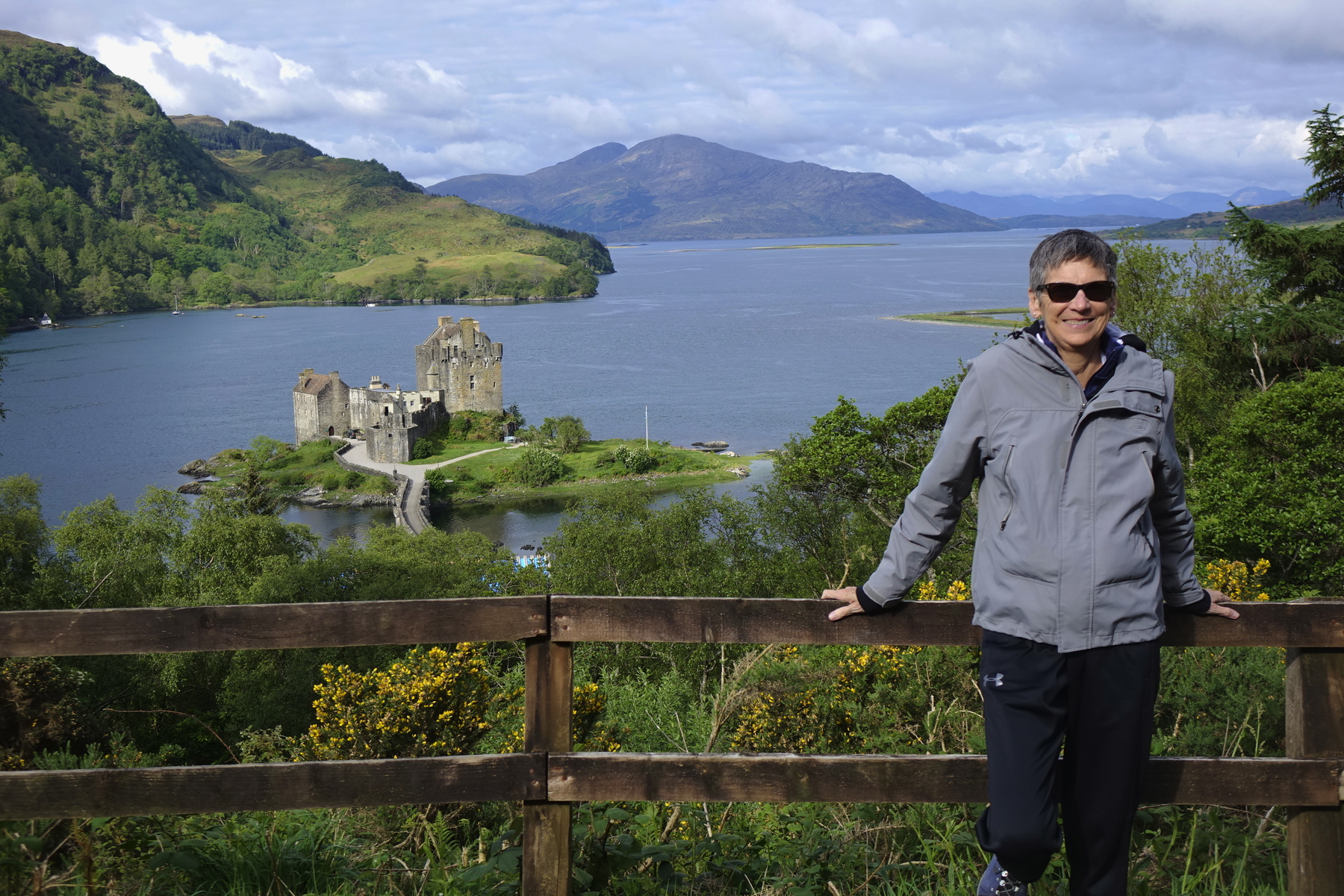




 Though unlike our ancient clan chiefs, you never led your tribe in battle against the Munros, MacLeods, or MacDonalds, you inspired countless warriors on the playing fields of Sterling to conquer “enemies” in Dixon, Rock Falls and Rochelle.
Though unlike our ancient clan chiefs, you never led your tribe in battle against the Munros, MacLeods, or MacDonalds, you inspired countless warriors on the playing fields of Sterling to conquer “enemies” in Dixon, Rock Falls and Rochelle.

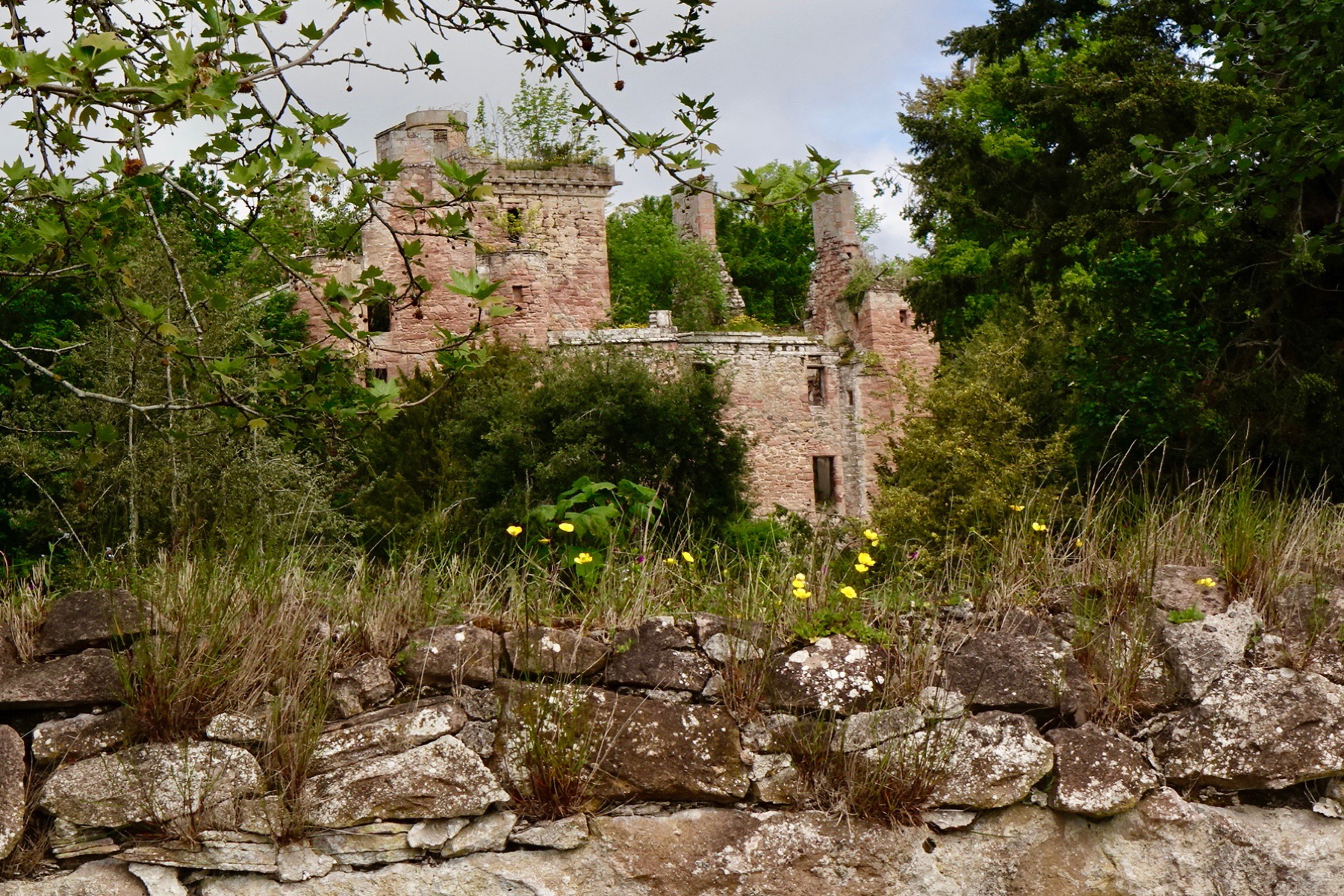






 Ever since I found out that my paternal lineage goes back to the 12th century Clan Mackenzie, I dreamed of following their trail from Eilean Donan Castle on the west coast across the Scottish Highlands and the Kintail mountains to Castle Leod on the eastern shores.
Ever since I found out that my paternal lineage goes back to the 12th century Clan Mackenzie, I dreamed of following their trail from Eilean Donan Castle on the west coast across the Scottish Highlands and the Kintail mountains to Castle Leod on the eastern shores. Mackenzie’s, once the strongest clan in the north of Scotland, reigned for centuries. From rich, warlords to cash strapped landlords, their story portrays the end of the clan system as fortunes changed hands after the Highland Clearances. Their lives were as rugged as the lands they ruled. Filled with craggy inlets, mist-covered mountains, and broody glens, their land lends way to legends.
Mackenzie’s, once the strongest clan in the north of Scotland, reigned for centuries. From rich, warlords to cash strapped landlords, their story portrays the end of the clan system as fortunes changed hands after the Highland Clearances. Their lives were as rugged as the lands they ruled. Filled with craggy inlets, mist-covered mountains, and broody glens, their land lends way to legends.
